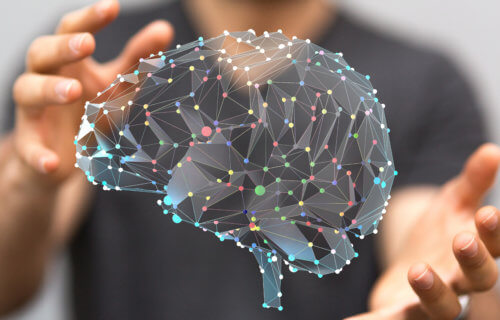SEIKA, Japan — If modern science conceived of a way to “pluck” unwanted fears, thoughts, and preferences from your mind, is that that something you would be interested in? It sounds impossible, but a new study on non-conscious brain stimulation may just make it a reality. Via a combination of artificial intelligence and brain scanning technology, scientists in Japan say they’ve discovered avenues to remove specific fears, boost confidence, and even alter individual preferences.
They believe that in the future these techniques may lead to new treatments for patients dealing with issues like PTSD or generalized anxiety disorder.
All of this is incredibly promising, but researchers admit they haven’t perfected their approach just yet. While the treatment they developed has proven effective with many, some individuals haven’t seen the same benefits.
Crowdsourcing research on the brain?
Study authors say a more thorough understanding of how the brain can self-regulate its own activity patterns would help this research immensely. In fact, this need for further information is why the team is releasing their findings right now. By releasing their dataset, they’re hoping the scientific community can help them “accelerate the translation from basic science to application.”
“Decoded neuro-feedback uses fMRI to visualize brain activity and calculate the similarity between real-time brain activity and brain activity patterns corresponding to specific pre-established memory and mental states. When a high similarity is detected, the experiment participants are rewarded with money. By repeating the simple task of rewarding each time a brain activity pattern is detected, the original memory and mental state are transformed. In this experiment, participants do not need to understand and recognize what brain activity patterns they are self-regulating,” explains Dr. Mitsuo Kawato, director of the Computational Neuroscience Laboratories at the Advanced Telecommunications Research Institute International (ATR), in a media release.
“The Decoded Neurofeedback approach could have major benefits for clinical populations over traditional treatments. Patients could avoid the stress associated with exposure therapies, or side-effects resulting from established drugs. As such, it is crucial we accelerate the development of the Decoded Neurofeedback technique – and this will only be possible if more scientists will be able to work on the actual data,” adds lead author Dr. Aurelio Cortese, senior researcher at ATR Institute International.
The study is published in Scientific Data.
